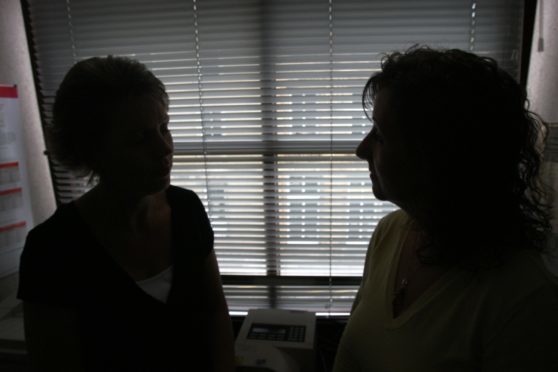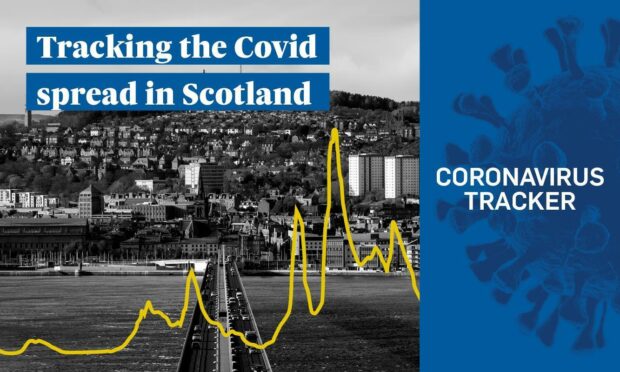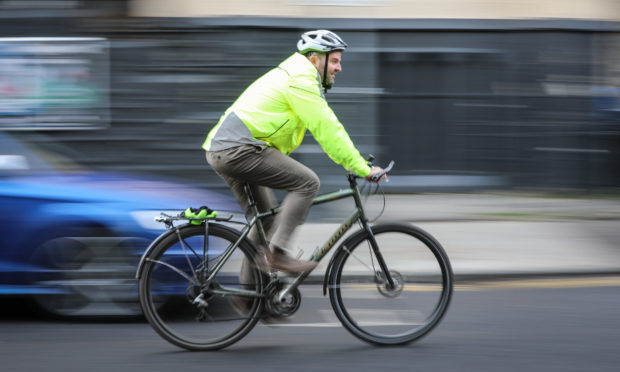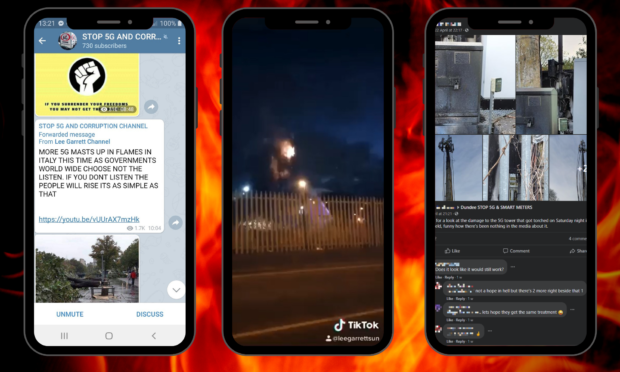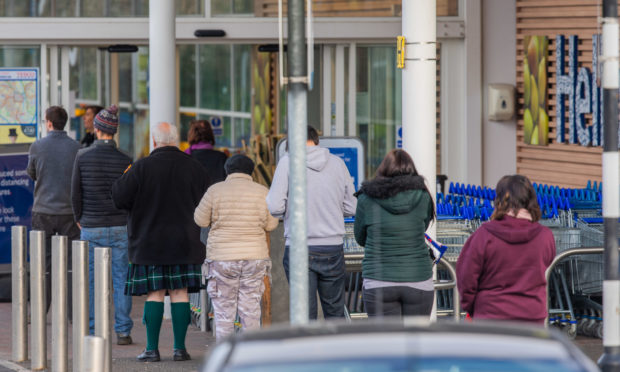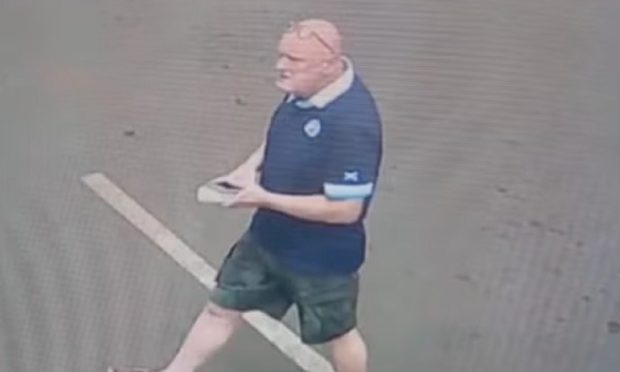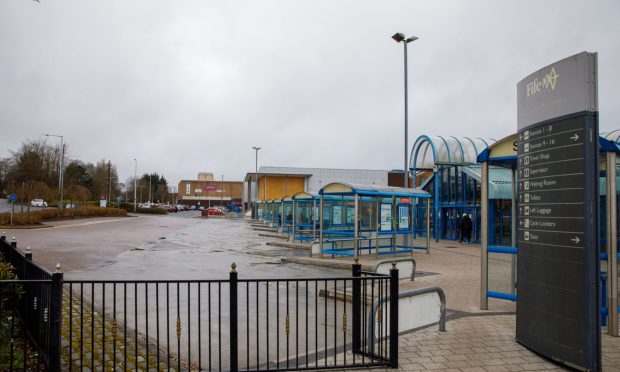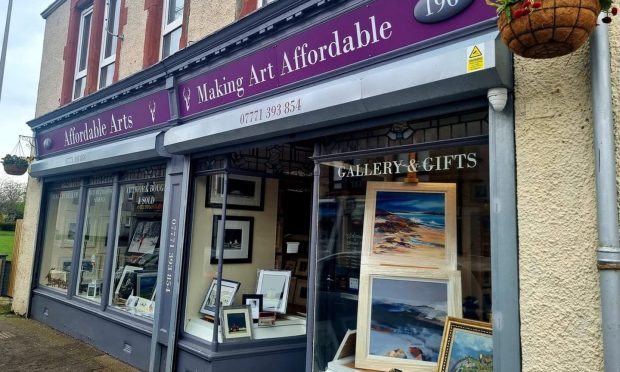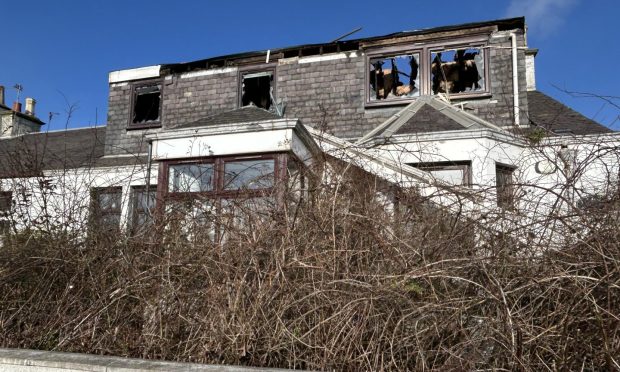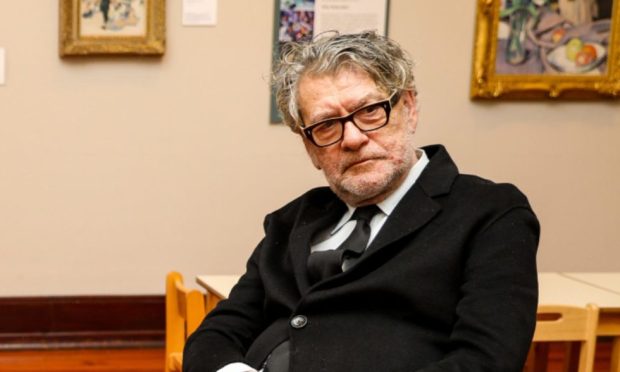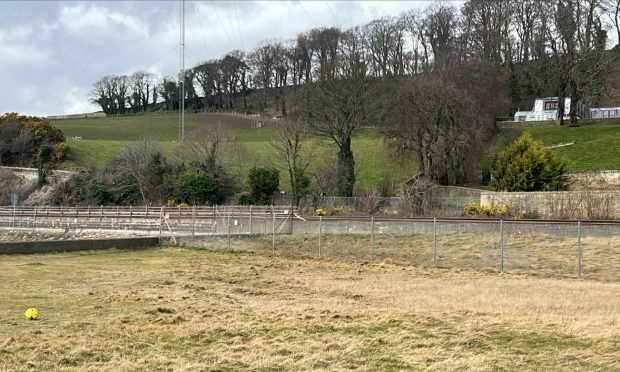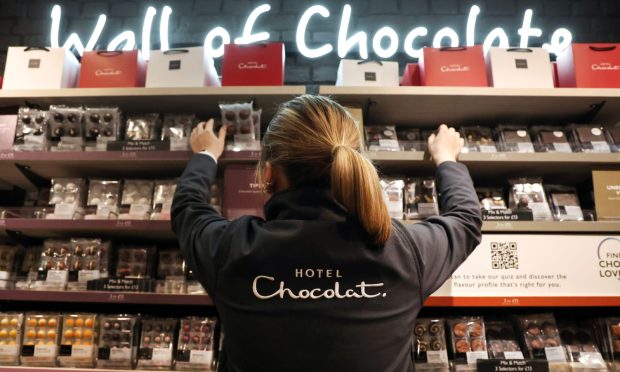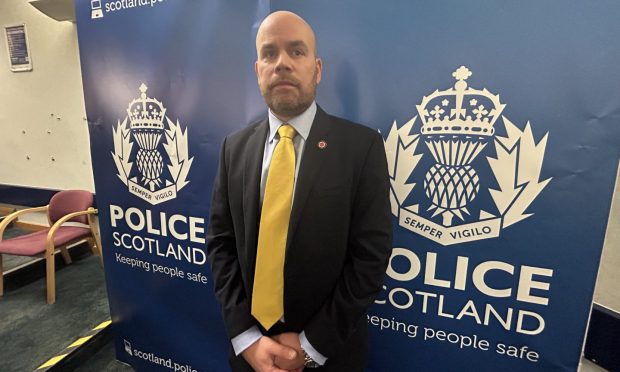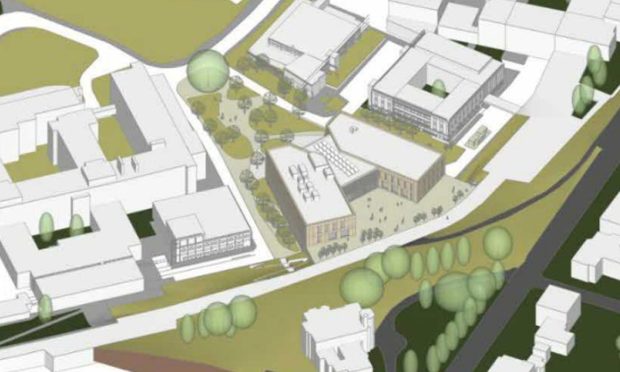A Fife support service for rape victims fears its waiting list will be unmanageable after lockdown is lifted.
Fife Rape and Sexual Assault Centre (FRASAC) already has more than 100 people on its waiting list and manager Jan Swan said that number is likely to rise when measures to slow the spread of Covid-19 are eased.
“The demands were just about unmanageable before. There were up to 100 people on the waiting list. I think it’s now sitting at 105.
“There is definitely going to be a backlog.”
In November last year, FRASAC raised concerns about the length of time victims had to wait for support.
At the time, FRASAC’s waiting list was around 70, with victims waiting four to five months.
The centre had to freeze its waiting list temporarily in December 2017 after being overwhelmed by demand but additional funding was sourced, which meant extra support staff could be taken on.
The waiting time has now stretched to around six months and FRASAC said it would welcome further funding to boost its 10-strong team, of whom six are involved in face-to-face support work.
Ms Swan said calls to FRASAC, which offers advice and counselling to victims of sexual assault, had dropped during lockdown.
She put this down to people putting traumatic past events to the back of their minds as they cope with the challenges of life during a pandemic.
She said staff were assisting in different ways as vulnerable people struggled to cope with social distancing.
“I’m shocked. I thought that we would be a lot busier but I think it might start to pick up again.
“What staff are saying is it’s more about general mental health at the moment.
“We’re also helping a few vulnerable people to get food. It’s not something we would normally take part in but other services are overloaded.
“Some vulnerable people don’t even have the ability to ask for help. A lot of them have lost trust in other people and if we’ve got that trust we try to help.”
With face-to-face appointments not possible at the moment, FRASAC is keeping in phone contact with the individuals it helps.
However, Ms Swan said this was not an ideal arrangement.
“People talking about it within their own homes is not a good way forward. It can leave things tainted.
“When they come to us, that trauma is left in our building and they can go home and try to get on with their lives again.”
She added: “Behind this there will be people trapped in the house that we’re not getting to. We can only keep putting information out there and numbers that people can phone to get help.”
